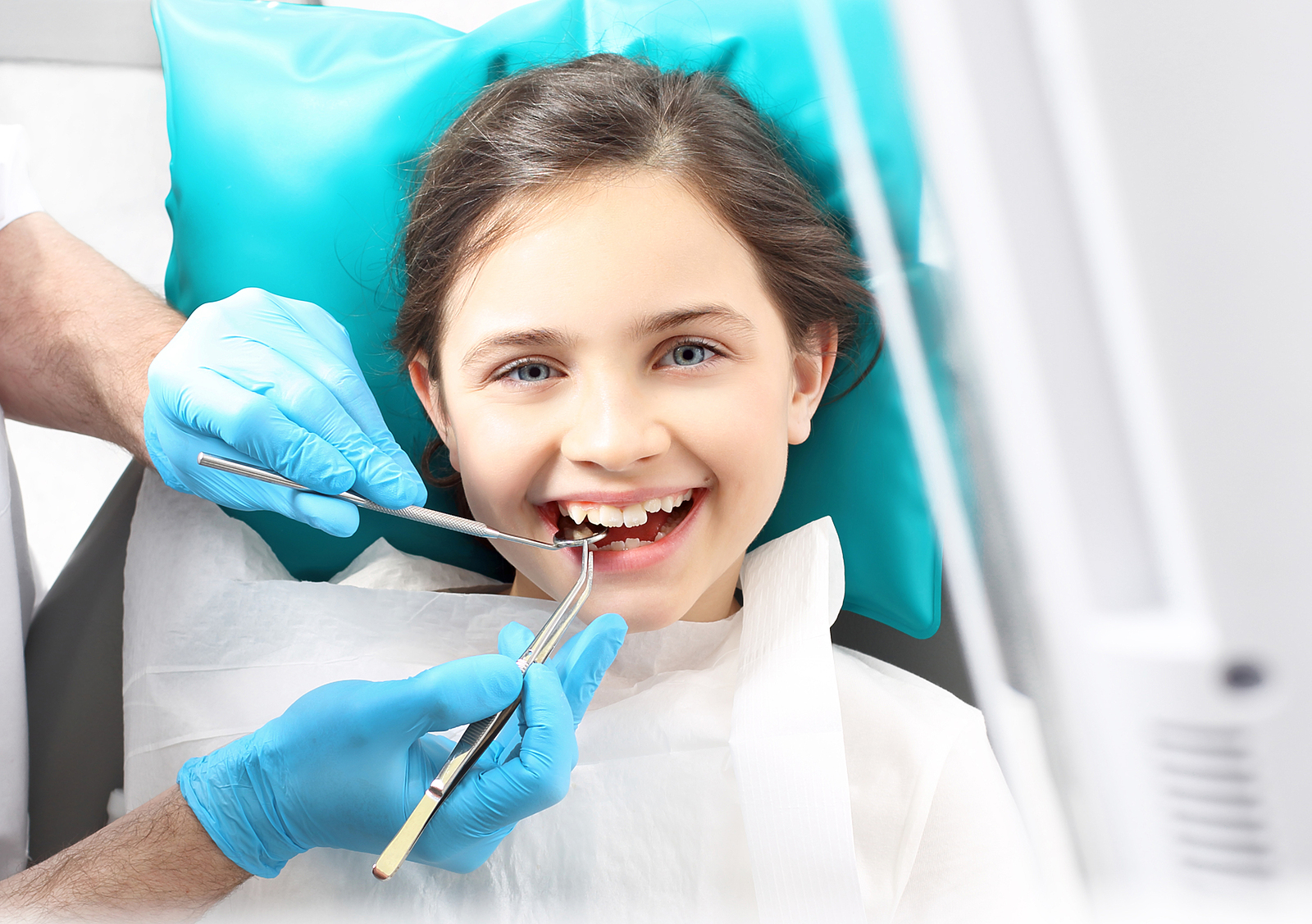Getting My Johnson Orthodontics To Work
Getting My Johnson Orthodontics To Work
Blog Article
Getting The Johnson Orthodontics To Work
Table of ContentsEverything about Johnson OrthodonticsSome Ideas on Johnson Orthodontics You Should Know6 Easy Facts About Johnson Orthodontics ShownJohnson Orthodontics Can Be Fun For AnyoneJohnson Orthodontics Fundamentals ExplainedJohnson Orthodontics - An OverviewThe Buzz on Johnson Orthodontics
An orthodontist is a dental practitioner trained to diagnose, protect against, and treat teeth and jaw irregularities. They correct existing problems and are trained to determine troubles that may create in the future. Orthodontists collaborate with people of every ages, from youngsters to adults. People frequently link an excellent smile with healthiness.All orthodontists are dental experts, but not all dentists are orthodontists. Orthodontic residency programs use intensive, concentrated instruction for dental professionals. They concentrate on 2 areas: Exactly how to correctly and securely relocate teeth Exactly how to correctly guide growth in the teeth, jaw, and faceOnce an orthodontist has finished training, they have the choice to become board certified (https://letterboxd.com/johnsonortho/).
Johnson Orthodontics - Questions
Imbalance, or malocclusion, is the most common reason people see an orthodontist. It is genetic and is the outcome of size distinctions in between the top and lower jaw or in between the jaw and teeth. Malocclusion leads to tooth congestion, an askew jaw, or irregular bite patterns. Malocclusion is typically treated with: Your orthodontist connects metal, ceramic, or plastic square bonds to your teeth.
If you have only minor malocclusion, you may be able to use clear braces, called aligners, rather than traditional dental braces. Some individuals require a headwear to help relocate teeth right into line with pressure from outside the mouth. After braces or aligners, you'll need to use a retainer. A retainer is a custom-made gadget that maintains your teeth in place.

They're usually made use of on children. They can develop added room in the mouth without needing to pull teeth. If you have a significant underbite or overbite, you may need orthognathic surgery (likewise called orthodontic surgery) to lengthen or shorten your jaw. Orthodontists utilize cables, medical screws, or plates to sustain your jaw bone.
How Johnson Orthodontics can Save You Time, Stress, and Money.
During your first orthodontic consultation, you'll likely have: A dental examPhotos taken of your face and smileDental X-raysPanoramic (360 level) X-rays of your face and headImpressions to create molds of your teethThese examinations will help your orthodontist recognize how to wage your treatment. An orthodontist is a dental expert that's had training to treat your teeth and jaw.
An orthodontist is focused on your bite, so something like a chipped tooth would certainly be managed by a dentist. Orthodontists are concentrated on your bite, or the means your teeth fit with each other, and the straightness of your teeth.
Ever before questioned how celebrities constantly appear to have completely aligned teeth? Orthodontists are oral specialists that focus on fixing irregularities in the teeth and jaws.
Johnson Orthodontics Things To Know Before You Get This

These detachable trays are tailor-made to gradually change the teeth's setting. In cases of slim jaws, palatal expanders can be made use of to produce area for proper tooth alignment.
The Best Strategy To Use For Johnson Orthodontics
While accomplishing a gorgeous smile is an all-natural perk of orthodontic treatment, the benefits extend much past visual appeals. Effectively straightened teeth and a balanced bite contribute to enhanced dental health and wellness in numerous methods: Straight teeth are easier to clean, which aids stop tooth cavities and gum tissue illness. A proper bite enables reliable chewing, which assists in digestion and general gut wellness.
What is the distinction in between a dental practitioner and an orthodontist? All dental professionals, consisting of orthodontists, deal with the teeth, gums, jaw and nerves.
Orthodontists and dental practitioners both give dental take care of patients. Orthodontists can function in an oral office and supply the very same therapies as various other dentists. So you can think about both doctors who deal with periodontal and teeth troubles. The primary difference is that becoming an orthodontist calls for a particular specialized in treating the imbalance of the teeth and jaw.
The Ultimate Guide To Johnson Orthodontics
An orthodontist is a dental practitioner that has gone through training to specialize in the medical diagnosis, prevention and treatment of abnormalities in the jaw and teeth. They can likewise identify potential problems in teeth placement that may develop when conditions are left neglected.
This consists of all the required education and learning to become a general dental professional. According to the American Student Dental Association (ASDA), it suggests you will certainly require to have either a Doctor of Medicine in Dentistry (DMD) or a Doctor Source of Oral Surgery (DDS). To put it simply, orthodontists need to finish oral school and after that acquire an orthodontics specialized education and learning.
5 Easy Facts About Johnson Orthodontics Shown

Other than the orthodontist, we frequently see aides functioning with these oral professionals in their centers. What is an orthodontist assistant called?
Report this page